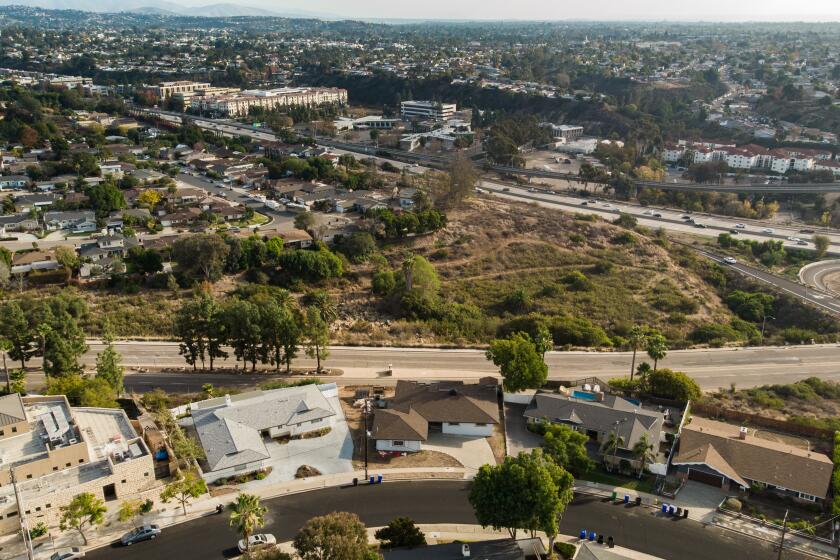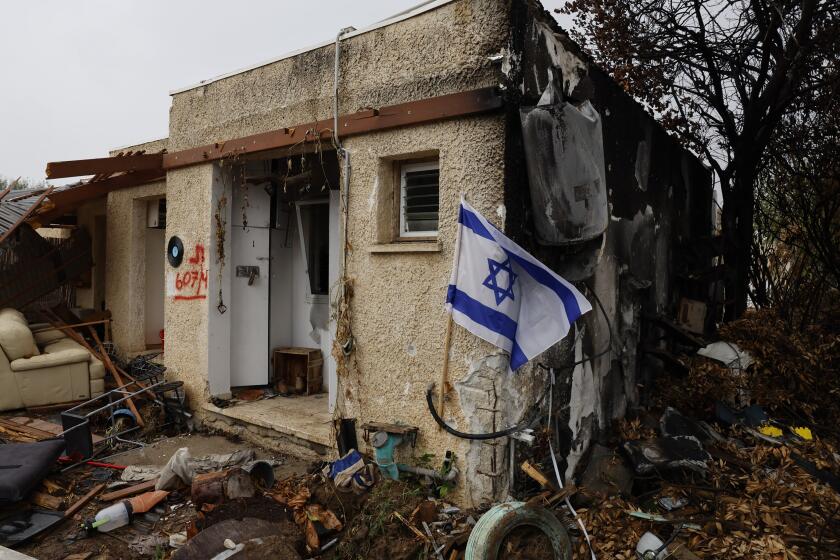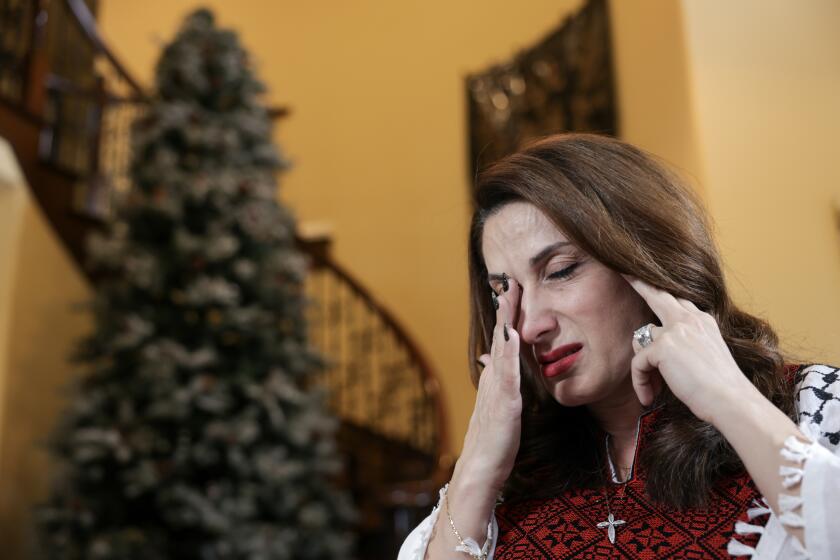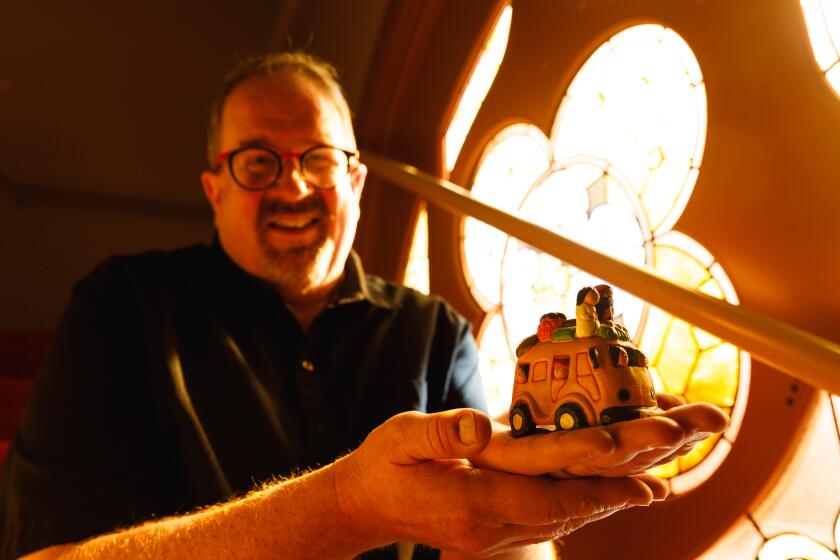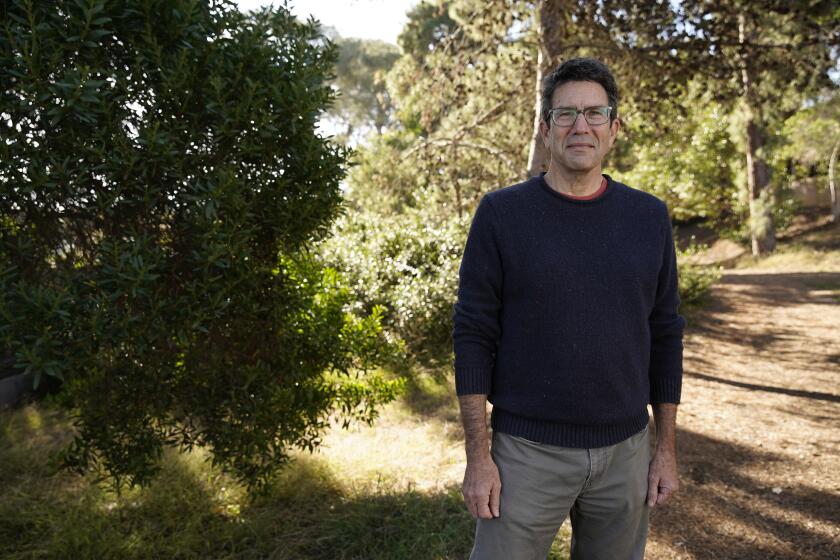Why a first-responder chaplain’s work is so important
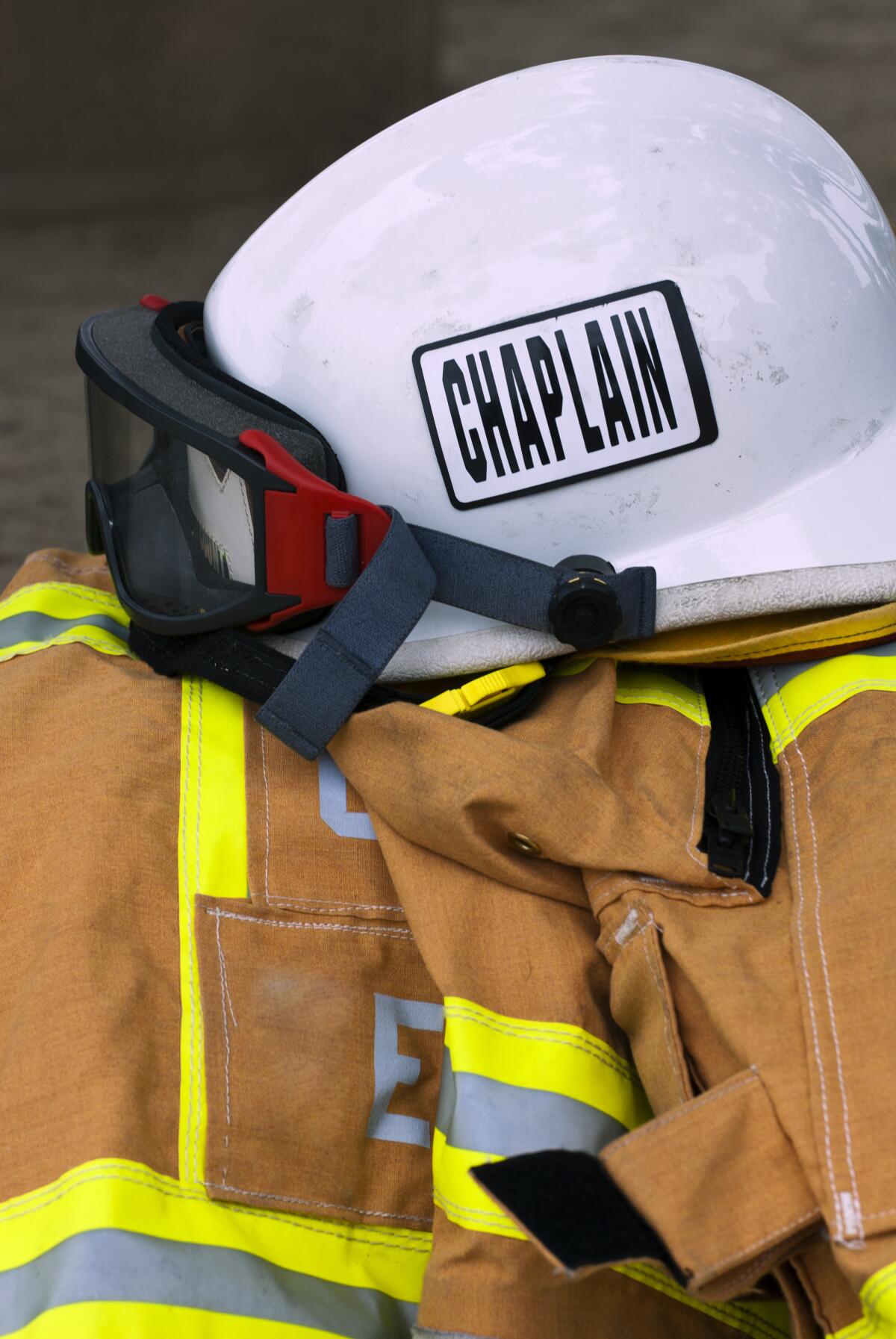
Chaplains to firefighters, officers and sheriff’s deputies offer comfort and inspiration during traumatic times
A first-responder chaplain’s life means unpredictable 24/7, 365-day demands characterized by raw emotions and adrenaline-churning emergency calls, interspersed with quiet moments sitting beside traumatized firefighters, police officers and sheriff’s deputies.
In the span of a few days, a first-responder chaplain’s work might include:
- Accompanying a team of forensic detectives to an exhumation to ensure the dignified treatment of a murder victim’s body.
- Ensuring that statements from Orthodox Jewish women — such as victims of the Poway synagogue shooting in April 2019 — are collected respectfully by female officers.
- Offering comfort and counsel to a shattered firefighter who was unable to resuscitate a drowned baby.
- Reviewing the actions of a fire captain second-guessing his commands to the crew fighting a fatal fire.
“Lots of things go wrong in the world and evil, nasty things happen,” says San Diego County Sheriff’s Chaplain Bill Trok, who also serves as senior pastor of Ridgeview Church in Valley Center. “Law enforcement pushes back, and it’s an important job. But it takes a personal toll, so we are there to support the folks that do this kind of work and their families.”
Trok, who’s been in chaplaincy for 24 years and trains new chaplains, says those called to this kind of work must be willing to assist members of fast-moving, diverse teams of professionals who hold various beliefs and have different lifestyles while listening carefully without judgment and maintaining strict confidentiality.
“We never push our own faith on anyone,” he adds. “It is more a ministry of presence. We go wherever there is a need.”
That may mean accompanying a police officer as she informs parents of their son’s death in a tragic accident, or silently supporting firefighters, paramedics and victims at a horrifying fire.
“People who go into law enforcement are always exceptional,” Trok notes. “They are altruistic in wanting to make a difference in the world. But the job takes an emotional toll and, over time, can have a debilitating effect on one’s family life and personal well-being.”
‘We help by listening’
A deep respect for those who wear the badge is a daily motivator for Elizabeth “Betsy” Salzman, chaplain to San Diego Fire Rescue and trained handler of Genoa, a 4-year-old golden labrador certified in crisis response.
Beginning as a volunteer trauma interventionist, Salzman — an ordained Christian minister with a master’s degree in theology from Wesley Theological Seminary — has served as a chaplain for 10 years. She appreciates the opportunity to work alongside Genoa in providing emotional support to firefighters in high-stress critical moments.
“There’s often a wariness towards chaplains until they build a rapport and trust with the team,” she observes. “Proselytizing is not our job, We help by listening, offering resources and adding perspective.
“Firefighters’ response to trauma is the same as community members — they are human beings, fathers and wives and husbands, sons and daughters — but their jobs mean they must keep moving,” she adds. “It may not occur to them until they have a moment alone that an incident really bothers them.”
Salzman notes that attitudes toward chaplaincy have changed, and that peer support today is considered vital to first responders’ health.
“If we can debrief between 24 and 72 hours after a critical incident, we can help address issues along the way” rather than letting the effects of trauma fester. “It excites me as a first responder that San Diego has taken a leadership role in promoting peer support in the ranks.”
‘Comes at a high cost’
Chaplaincy is different from other ministries, acknowledges Vista Fire Chaplain Connor McFadden, because first responders’ jobs impact them so differently from others’ work.
“They are constantly around crises and stress, and having to make hard calls, saving people’s lives — it’s not what most people do,” McFadden, who also is a marriage and family counselor and pastor of North Coast Church in Vista.
“These jobs require a different breed of person. They’re functioning at a high level all the time, and you must be able to hang with those kinds of personalities.”
Because first responders often find it difficult to express their feelings or appear vulnerable to others, it can be difficult for them to trust a chaplain enough to fully unburden themselves, he notes.
“They are known for being heroes,” he notes. “The personal sacrifices they make are heroic in my eyes, but it comes at a high cost to their emotional well-being and to their families.”
Still, he adds, “More and more, it’s OK for us not to be OK, and for guys to admit they need and reach out for help,” he says. “I find it fun and fulfilling to come alongside them and find ways to help them.”
Spiritual hope
For San Diego Sheriff’s Chaplain Shelly Pinomaki, it was her own family’s horrible experience with brutal crime that led her to minister to first responders — and continues to motivate her work.
A 2020 finalist in FOX 5’s Remarkable Women Initiative, Pinomaki lost her sister — who was kidnapped, tortured and murdered at Christmas 2011 — and experienced additional trauma inflicted on her family by first responders who were not trained in assisting victims and their families.
“I never envisioned being in the place I am now, where I see the pain and suffering of first responders who have to be professional and do their jobs,” Pinomaki says.
The founder of Seeking Hope, an organization that teaches teams to care for those in crisis, she values her opportunity as a chaplain to care for the spirits of those who serve on the front lines of crises.
A survivor of childhood abuse, she says, “God saved me through all of that and I needed to give back. I want to offer spiritual hope as a minister of presence who isn’t there to preach, solicit, or give advice.
“Chaplains must be empathetic, walking alongside first responders and meeting them where they are at,” she explains. “First responders are just people doing a job — they enforce laws on the books but they don’t make the laws. They’re married with families, divorces and parents.
“Yet they are held up to a high standards and it can be so stressful,” she observes. “I must tell them, ‘This is your job, but it’s not who you are.’
Those she assists need someone to guide them, offer comfort, and reassure them that they are on the right track, she says. “Their culture is not to show vulnerability but they are human beings and they need support.”
Recognized for her chaplaincy work during the Poway synagogue tragedy, she says she has learned to see the worst of humanity and still find the hope to move forward.
“Because of my faith and trust in Christ, I believe His work in my life is sovereign, and I try to see things from a Christ-centered viewpoint,” she explains. “My sister’s murder was horrible, but in the midst of that tragedy, I’ve been able to serve hundreds if not thousands of people to create lives of abundance.
“I love my job,” she adds.”I love that I get to walk into the worst situations and give a bit of love and hope to someone. That brings me so much joy and peace — and I want to do it more and more.”
Douglas is a freelance writer.
Get Essential San Diego, weekday mornings
Get top headlines from the Union-Tribune in your inbox weekday mornings, including top news, local, sports, business, entertainment and opinion.
You may occasionally receive promotional content from the San Diego Union-Tribune.
